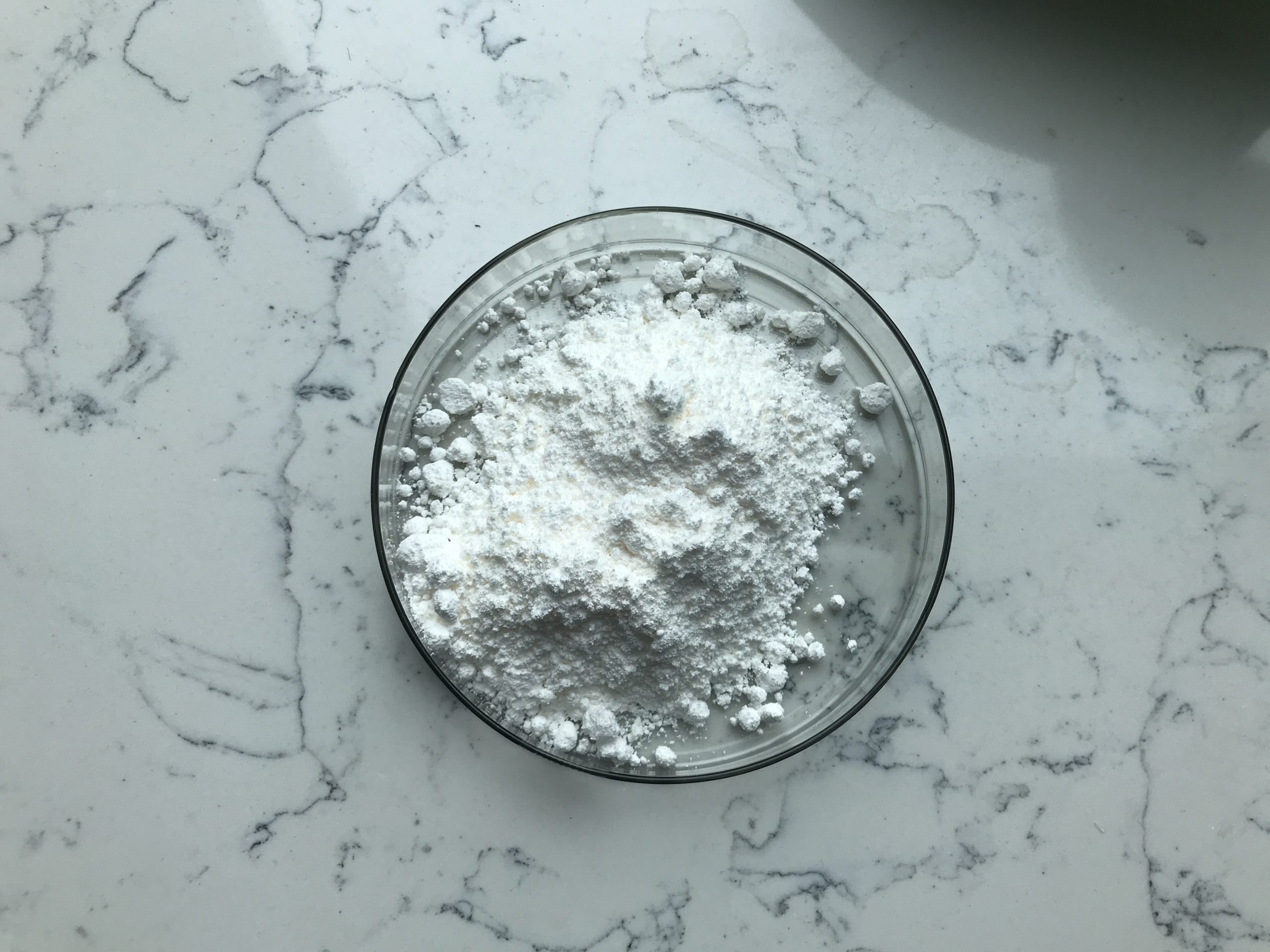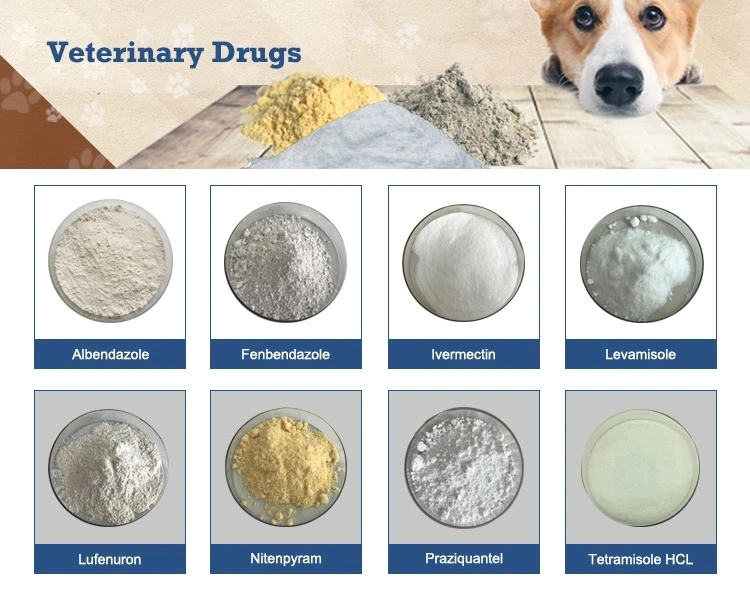Praziquantel is an anthelmintic drug primarily used to treat parasitic infections caused by flatworms, such as schistosomiasis, liver flukes, and tapeworms. Its pharmacological action involves several key mechanisms:
- Increased membrane permeability: Praziquantel acts on the parasite’s cell membrane by increasing its permeability to calcium ions (Ca²⁺). This influx of calcium causes muscle contraction and paralysis in the parasite.
- Muscle spasm and paralysis: The increase in intracellular calcium leads to muscle contraction and paralysis, particularly in the muscular structures of the parasite. This paralysis impairs the parasite’s ability to move and maintain its attachment to host tissues.

- Immune system activation: Praziquantel also induces a marked immune response. It causes tegumental damage to the parasite’s outer surface, making it more vulnerable to attack by the host’s immune system. This includes increased recognition and destruction by host immune cells, such as macrophages.
- Disruption of parasite integrity: In addition to its effects on muscle and calcium channels, praziquantel disrupts the integrity of the parasite’s tegument (outer protective covering), leading to damage and ultimately the death of the parasite.
- Effect on different stages of the parasite: Praziquantel is effective against multiple life stages of certain parasitic worms, including adult worms, larvae, and eggs.
The drug is usually well-absorbed orally and has a short half-life, which means it is typically administered as a single dose or in a few divided doses, depending on the type of infection being treated. It is metabolized in the liver and excreted in the urine.

Clinical Uses of Praziquantel
- Schistosomiasis (caused by Schistosoma species)
- Cysticercosis (caused by the larval form of Taenia solium)
- Other cestode (tapeworm) infections
- Liver fluke infections
Adverse effects: Generally, praziquantel is well-tolerated, but side effects may include dizziness, headache, abdominal discomfort, or nausea. In some cases, allergic reactions can occur, especially if the immune system responds to the dying parasites.
